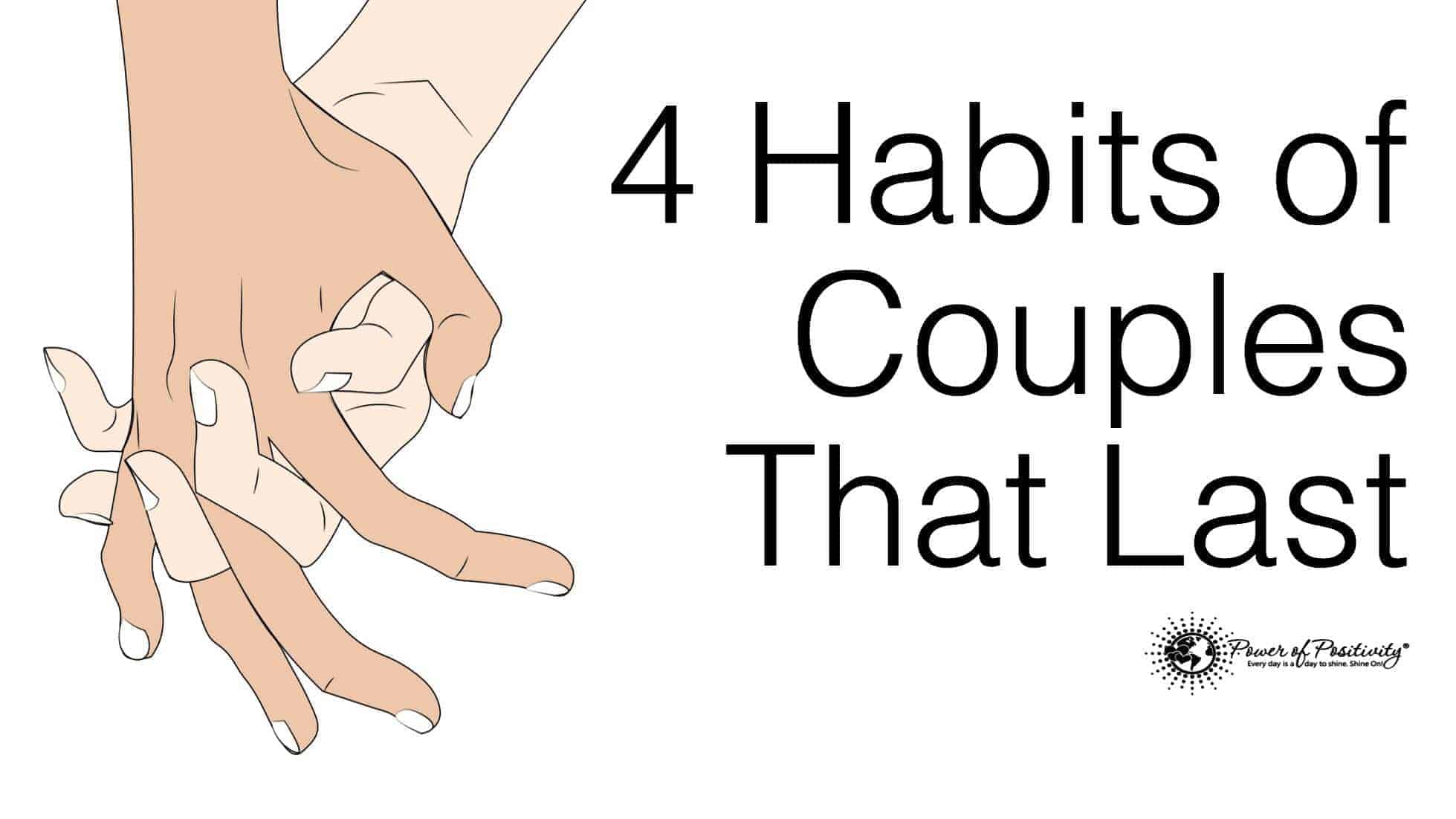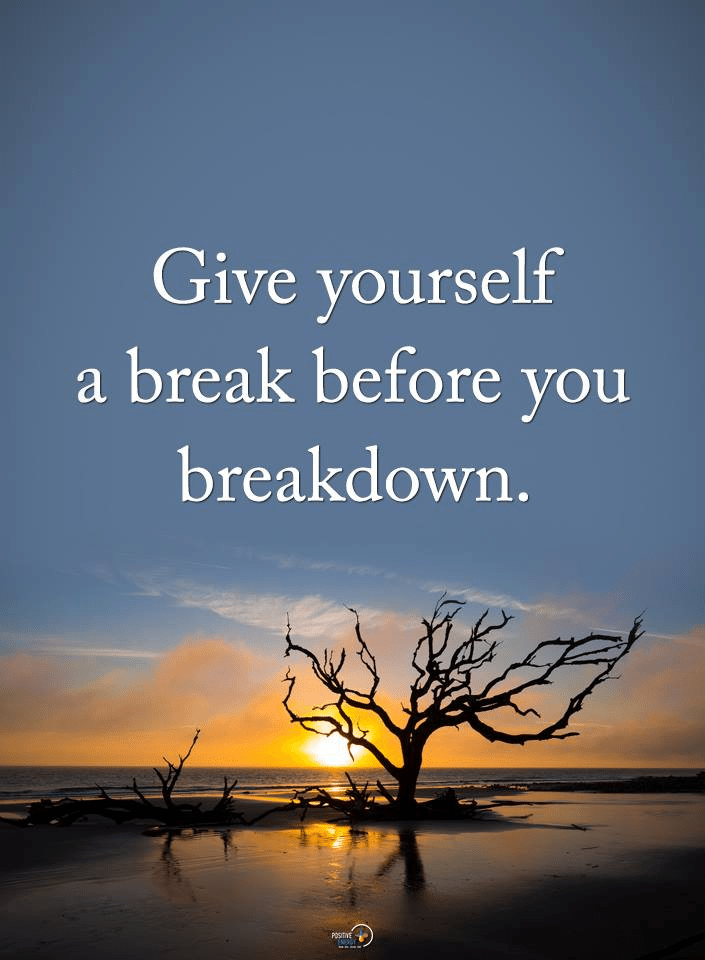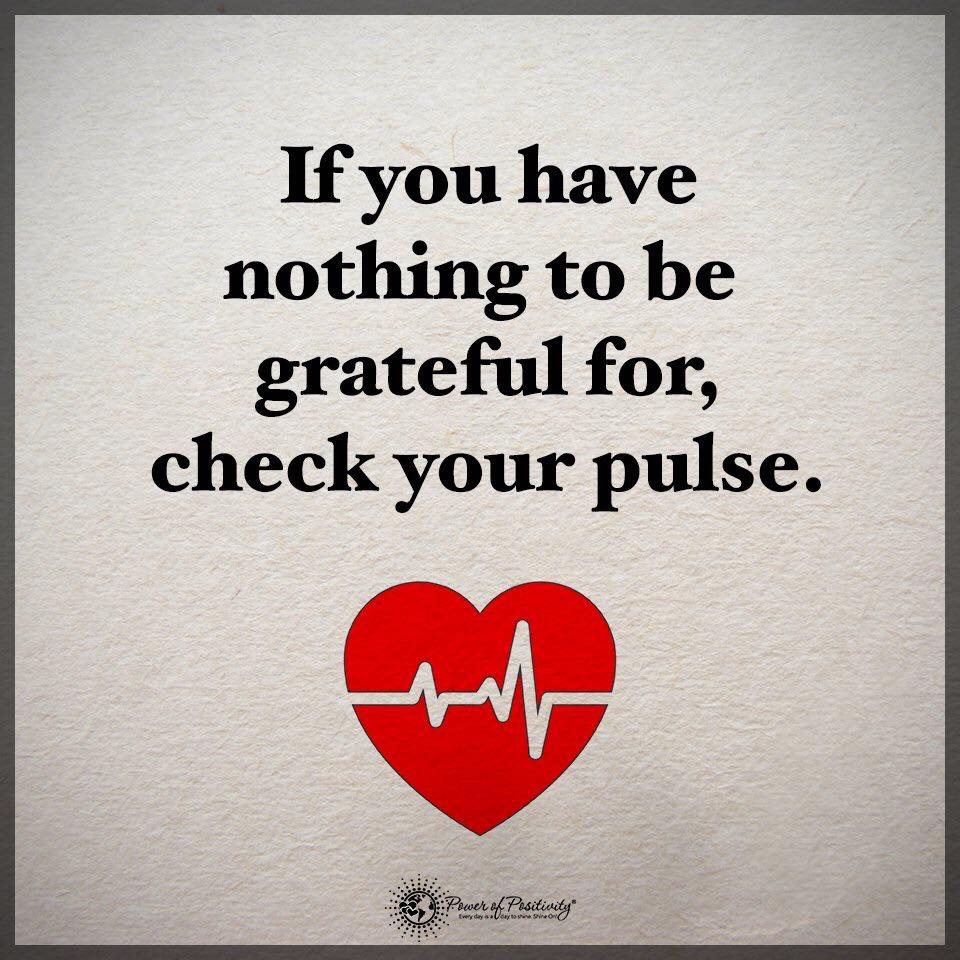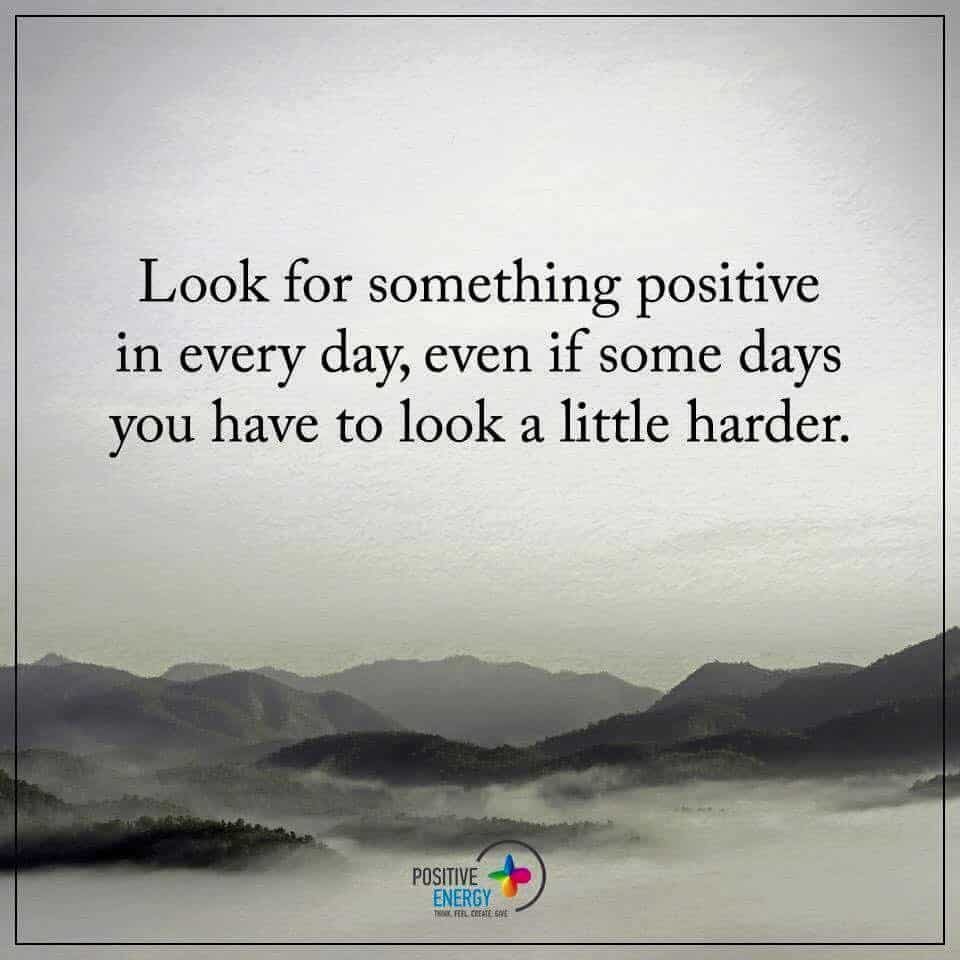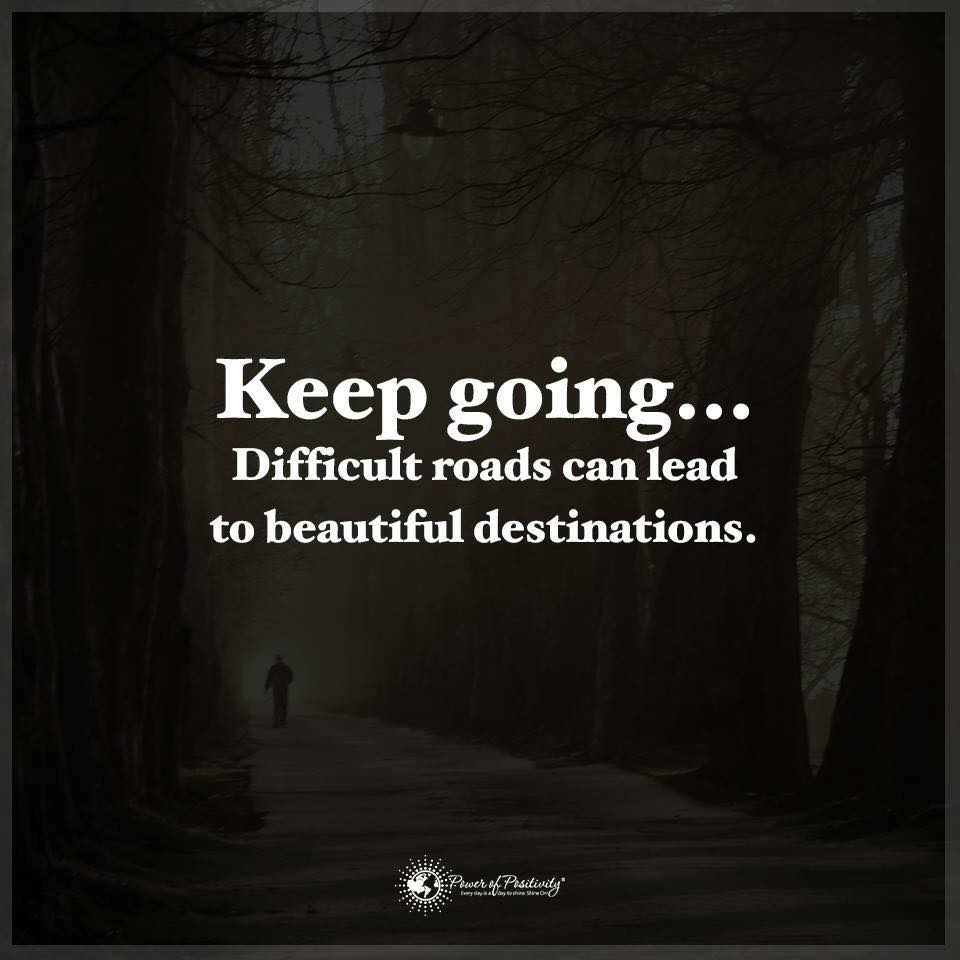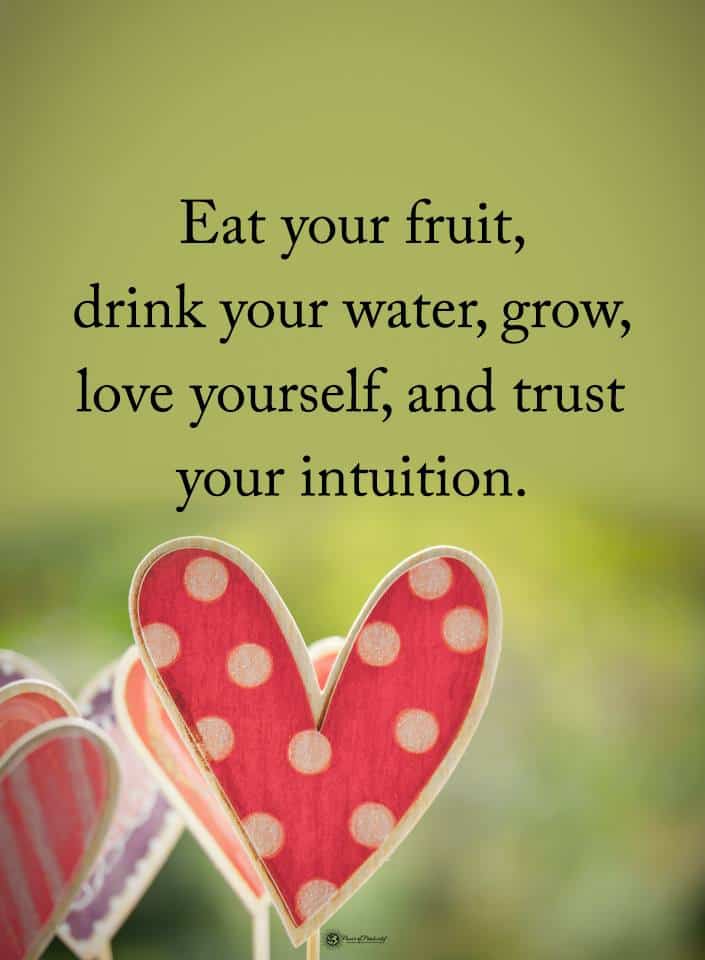Trying to make a lasting romance with your soulmate is a wonderful thing to work toward. To do it, you will need to know about certain things that can tip the scales one way or the other.
7 Things That Can Make or Break Your Relationship
1. Listening (or a lack thereof)
Listening sounds easy, but it is harder than you think. The more you can practice active listening and not just waiting for your turn to speak, the better off your relationship can be.
Listening is the equivalent of showing respect for your partner. Making an effort to talk to your partner with your bodies facing each other, making eye contact, picking up on body language, gestures and facial expressions can really make or break your relationship.
Communication is the foundation for a trusting relationship and trust can make or break your relationship. How you handle your relationships with others outside of the relationship is also important to trust.
2. Working together
In a perfect world, you and your partner would always have the same goals and you would be able to work together to achieve your dreams and those of your partner. It’s not likely, although you are probably both seeking to move in the same direction or you wouldn’t be together.
Related article: 4 Habits of Couples That Last
To test what can make or break your relationship, try tackling a project together. For example, assemble some bedroom furniture with your partner. See if you communicate well over what tools to hand each other, what part needs to go where, how to interpret the instructions, and if you can arrive at a successful end project. Did you argue over small things? Which one of you was more likely to get frustrated quicker? Which one of you blamed the other person?
Use this team project as a learning experience for your relationship. What can you do differently to improve communication? How can you manage frustration better next time? How can taking accountability help your relationship?
3. Mutual respect
No one deserves to be treated with disrespect. Even a single moment of being treated poorly by your partner can make or break your relationship. If an insult is thrown by you, recognize your mistake and apologize. Resolve to avoid using hurtful language in the future.
Was it your partner who showed disrespect toward you? You need to speak up for yourself right away. Forget the ‘I feel’ language and go straight to what you prefer to hear from your partner in the future. Say ‘I need you to use respectful language with me.’
4. Balance
Not feeling like your partner and you are on a level playing field can feel unfair. Each person should have a say in the decisions that affect both of you. If your partner is power-hungry, it can make or break your relationship.
In romantic relationships, usually the highest income earner has the power in the relationship, and traditionally the men are the higher income earners. But that doesn’t mean that the men with the power can’t help their female partners. Researchers found that ‘feminist men are important for women’s relationship health. In each study, women reported greater relationship quality, equality, and stability to the extent they perceived their partner to be a feminist; they also reported greater sexual satisfaction .’
5. Intimacy
Look, no one is wishing they had less sex. It is highly unlikely that you and your partner are overdoing it, so let’s add more intimacy. Intimacy is not all about having sex, although forgetting that a man’s sex-drive is higher than that for most women would be a mistake.
Related article: 10 Reasons To Have Sex Daily
Frequent intimate touching like kissing, hugging, cuddling, caressing and massaging is important to many women. For men, just sex is usually all they need because the touching is included with the act. Women like the same amount of touching, just spread over the whole day.
6. Relationships outside your relationship.
Treating your partnership as a priority, or not, can really make or break your relationship. Your respect for your relationship should be equal to the respect that you would want for yourself.
Do not speak ill of your partner to others. If you have problems, your partner is the one you should be talking to about it. If you can’t talk with them yet, ask yourself why. Your partner should be the one that you can open up to.
You should not be spending more time with another person or engaging in conversation or actions that imply that you are looking for a different romantic partner.
7. Putting fun in the less-than-fun
Making a game or a joke out of everything can be annoying, but playful teasing, poking fun in a gentle way at your partner, or making an inside joke can make a grumpy afternoon into a playful time.
Making an effort to inject fun into special moments with your partner will be worth the time and can make or break how happy you both feel in your relationship.

